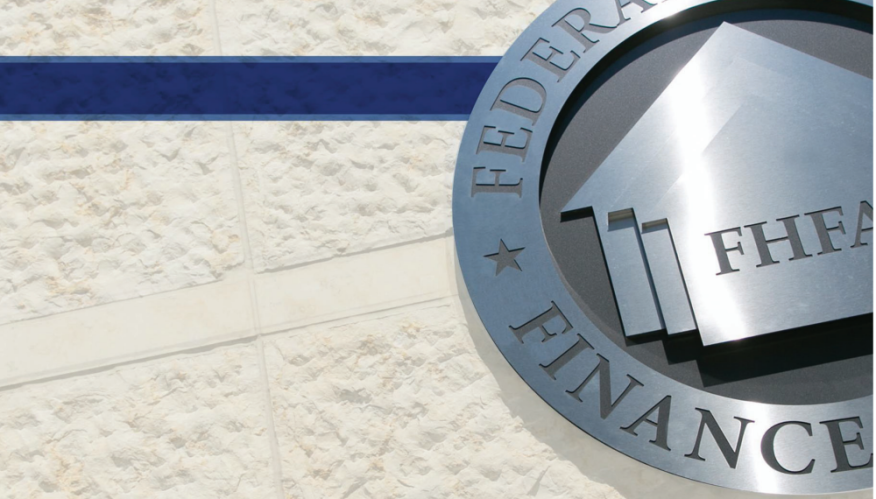
GSEs Pass Their Annual Stress Tests

Both Fannie & Freddie are sufficiently capitalized, FHFA says.
Fannie Mae and Freddie Mac have passed their annual financial stress tests.
That's the word from the Federal Housing Finance Agency (FHFA), which said last week that despite facing a combined credit loss of just over $17 billion, both government-sponsored enterprises (GSEs) were sufficiently capitalized against possible financial shocks, including a recession.
"Both (GSEs) reported comprehensive income in the severely adverse scenario," the FHFA reported.
The FHFA started requiring the GSEs to conduct stress tests as a result of the federal Dodd-Frank Wall Street Reform and Consumer Protection Act, which came about as a result of the 2008 housing collapse.
The Dodd-Frank Act requires financial companies with financial assets of more than $250 billion to conduct stress tests to determine whether they are sufficiently capitalized to absorb losses and support operations during adverse economic conditions.
The hypothetical scenario the GSEs faced in this year’s stress test included a global recession that led to a 3.5% decline in U.S. gross domestic product (GDP), an increase in unemployment to 10%, and a 29% decline in home prices.
Fannie Mae and Freddie Mac have been under conservatorship by the the FHFA since the 2008 housing collapse.
In this year’s stress test scenario, Fannie Mae performed better than last year, showing a credit loss of $10.8 billion, down from $14.2 billion the previous year. Freddie Mac, however, saw a credit loss of $6.3 billion, up from $5.8 billion the prior year.
The combined credit loss as a result of the stress tests for both GSEs was $17.1 billion. Credit losses are defined by the GSEs as charge-offs, net plus foreclosed property expenses, the GSEs reported.



